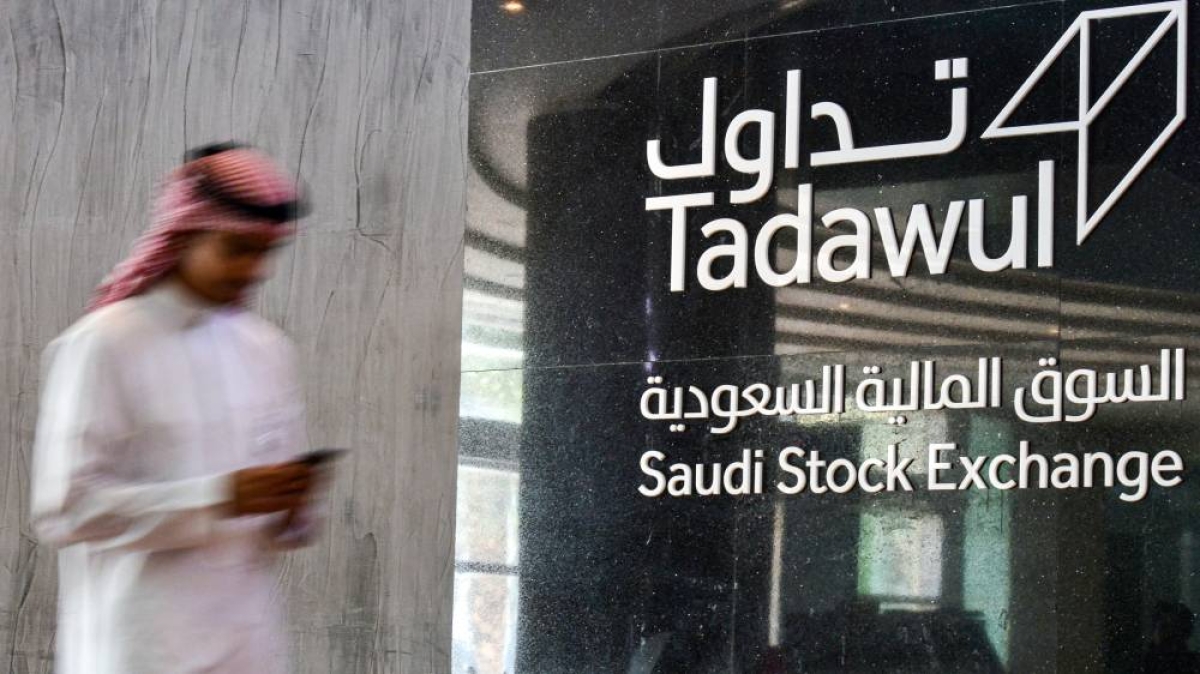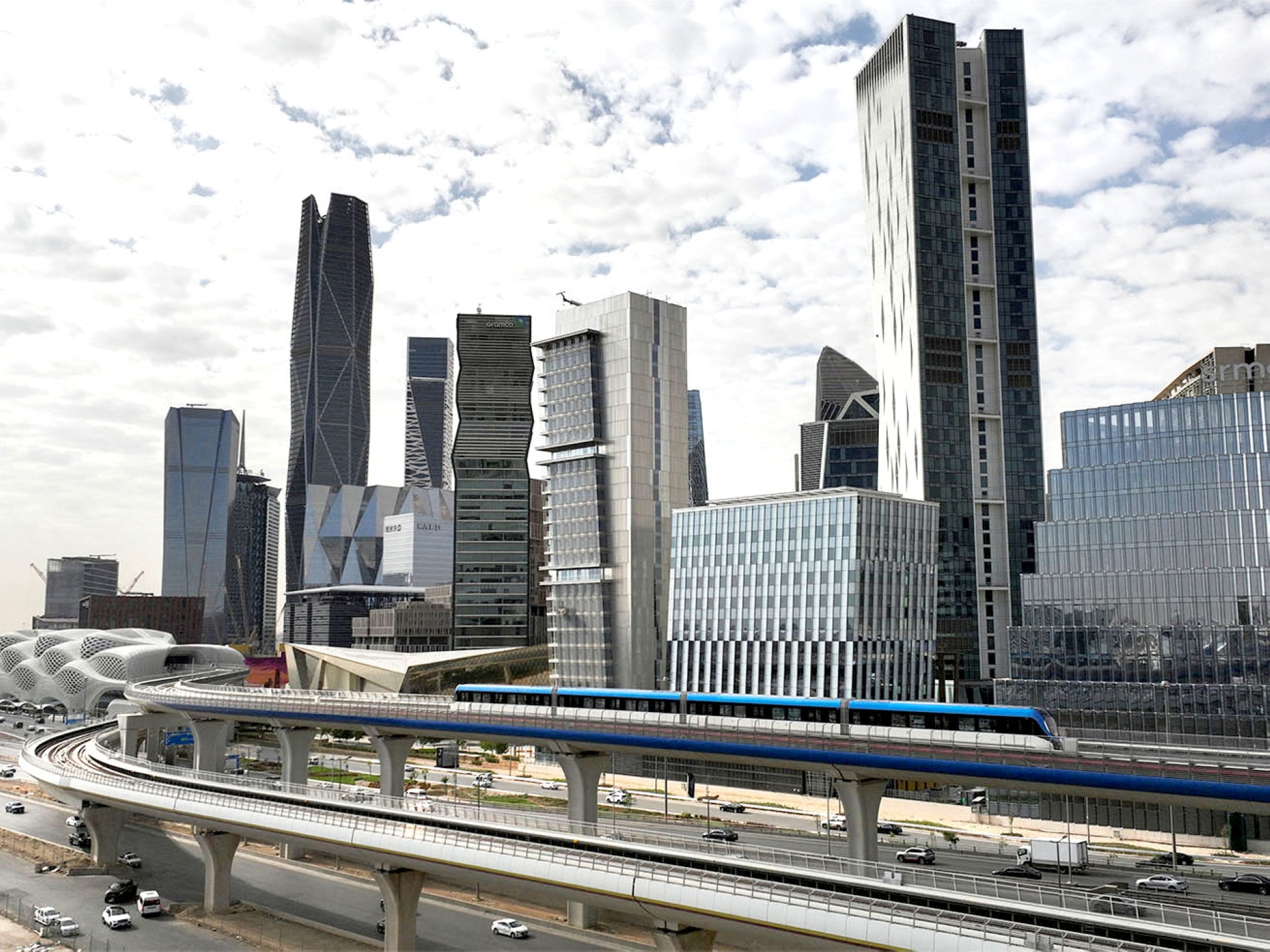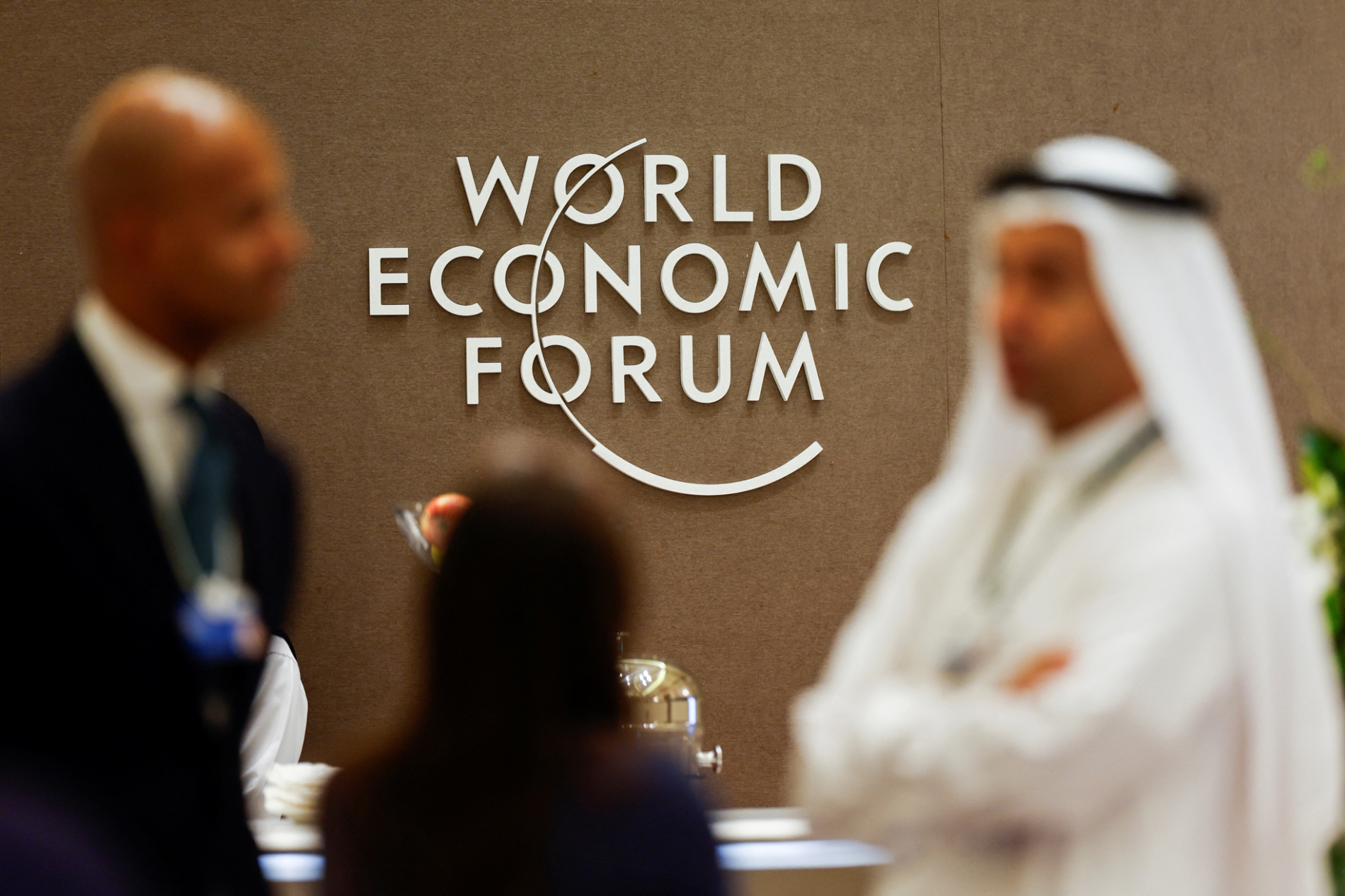In 2020, there were just 14 financial technology (fintech) companies in Saudi Arabia. Today, there is 261. In just five years, the sector has seen a 19-fold increase, yet it is no outlier. Rather, it is emblematic of a wider financial revolution.
This is good news for those keeping an eye on the targets included within the Kingdom’s ambitious Vision 2030, given that these numbers surpass the 2025 goal of 230 firms. In five years, the aim is to have as many as 525 fintech companies, creating a veritable ecosystem. Alongside that, venture capital (VC) is arriving. Cumulative investments in fintech now top $2bn, with more than 11,000 jobs created (8,500 of which fall under the Saudi Central Bank).
From mobile payments to blockchain solutions, Saudi fintech is riding a wave. Last year, four out of every five retail transactions (12.6 billion) were electronic, a 9% increase on the previous year. Samsung Pay is now integrated into the national payment system, Mada, with almost two million payment terminals across the country. E-commerce payments alone surpassed one billion transactions.
D360 Bank’s launch also marked a milestone, becoming the latest digital bank to go live with the Saudi Central Bank’s blessing. This kind of launch helps towards a broader goal of reducing the cash economy and propelling Saudi Arabia into a digital financial future, with capital market reforms at the heart of Vision 2030.
Stocks and funds
Progress is visible. Last year, 44 new companies listed on the Saudi exchange (Tadawul), pushing the total to 353. Tadawul also introduced the TASI 50 index and rolled out single-stock options for four major firms. And Saudi stocks are increasingly finding their wings.

Two new investment funds focused on Saudi equities debuted in China (Shenzhen and Shanghai, raising $87mn and $82mn respectively). In Tokyo, the first exchange-traded fund (ETF) exclusively in Saudi stocks launched with backing from the Public Investment Fund (PIF) and Mizuho Financial Group, while in Hong Kong another ETF tracking Saudi equities rolled out.
At home, the asset management industry surpassed $270bn in assets under management by year-end, up 169% from 2017. The number of investment funds has tripled since 2017, now numbering 1,549, with revenues from asset management activities up 154% to $1.55bn. Foreign ownership of Saudi equities also surged to $112bn, a five-fold increase since 2017.
Debt and dollars
The Capital Market Authority (CMA) wants to keep up this momentum by deepening markets and expanding offerings. The Kingdom’s debt capital markets are maturing rapidly, the sukuk and bond market having grown 123% since 2017 thanks to streamlined regulations, broader investor participation, and innovative products.











